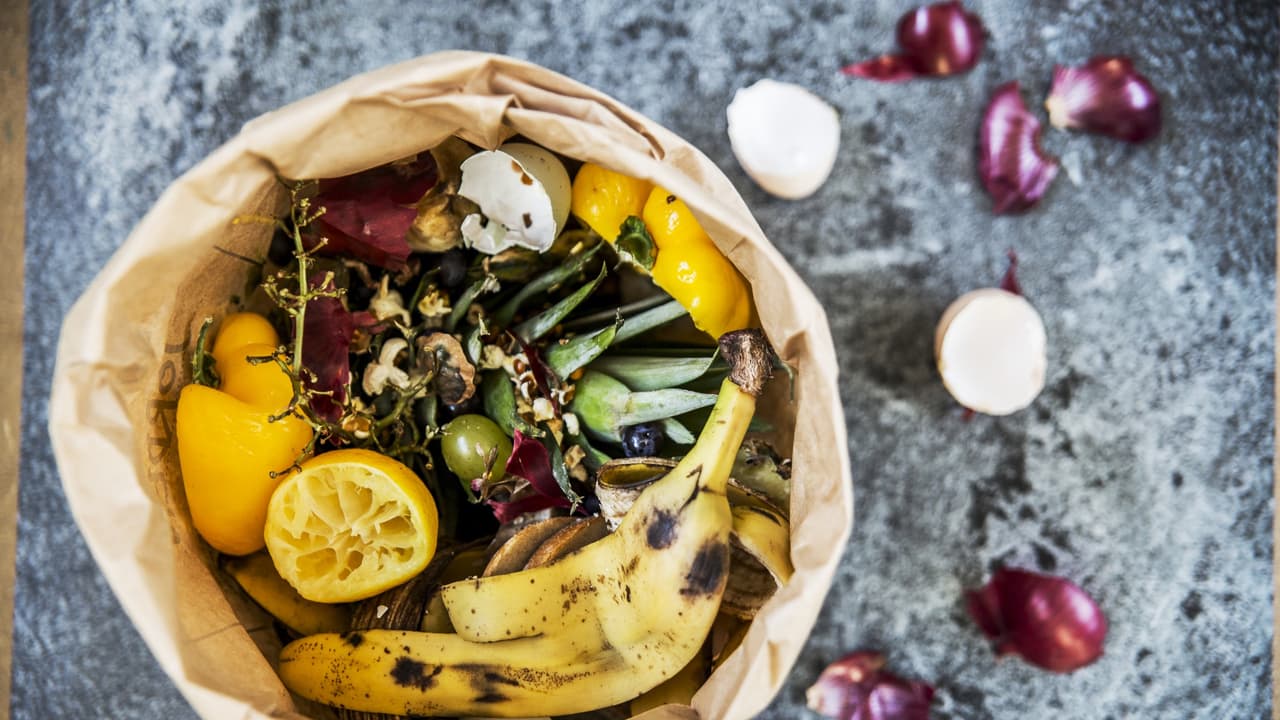Scientists reveal that food waste can be transformed into sustainable solutions: beet pulp protects crops, radish and beet greens boost gut health, and composted coconut fibers replace peat moss in agriculture.
What we often toss away might be hiding a treasure trove of benefits. Recent research published in American Chemical Society (ACS) journals shows that food waste — from beet pulp to radish leaves — can improve agriculture, human health, and sustainability.
Beet Pulp: Fighting Crop Diseases Naturally
One study in ACS Journal of Agricultural and Food Chemistry found that sugar beet pulp, a by-product of sugar extraction making up about 80% of the beet, can help plants defend themselves against disease. When processed into specific carbohydrates, the pulp triggers wheat’s natural immune responses, reducing the need for synthetic pesticides and protecting crops from fungal infections like powdery mildew.
Composted Coconut Fibers: A Sustainable Soil Solution
Coconut fibers, when broken down by millipedes into “millicompost,” may replace peat moss, which is traditionally used in seedling cultivation but sourced from delicate wetlands. A study in ACS Omega demonstrated that millicompost, mixed with other plant materials, supports healthy growth of bell pepper seedlings as effectively as peat-based alternatives. This eco-friendly solution could reduce the environmental impact of agriculture while providing high-quality growing media.
Radish Leaves: Gut-Friendly Greens
Often discarded, radish leaves may actually be more nutritious than the roots. Research in ACS Journal of Agricultural and Food Chemistry shows that these peppery greens are rich in fiber and bioactive compounds, such as polysaccharides and antioxidants. Lab and animal studies suggest that they can promote beneficial gut microbes, hinting at potential digestive health benefits for humans.
Beet Greens: Preserving Bioactive Compounds
Another study, published in ACS Engineering Au, explored methods to preserve compounds from beet leaves for use in food, cosmetics, and pharmaceuticals. Scientists developed microparticles by drying antioxidant-rich beet-green extract with an edible biopolymer. The encapsulated particles not only stayed stable over time but also exhibited higher antioxidant activity than the uncoated extract, making them promising for nutritional and therapeutic applications.
Turning Trash into Treasure
Collectively, these studies demonstrate that food waste is far from useless. By harnessing its nutrients and bioactive compounds, researchers are finding innovative ways to support sustainable farming, enhance human health, and reduce environmental waste. What was once trash is now a potential source of gold for both people and the planet.
